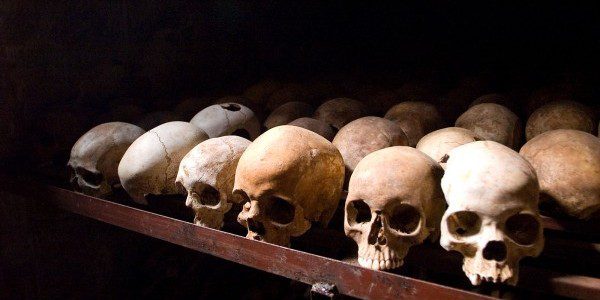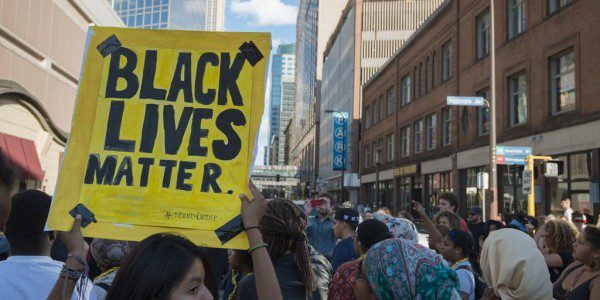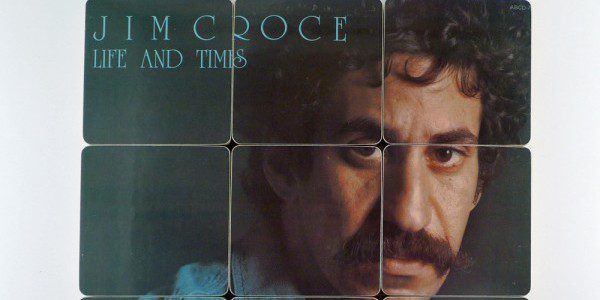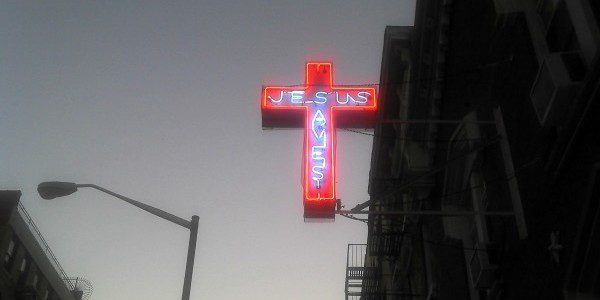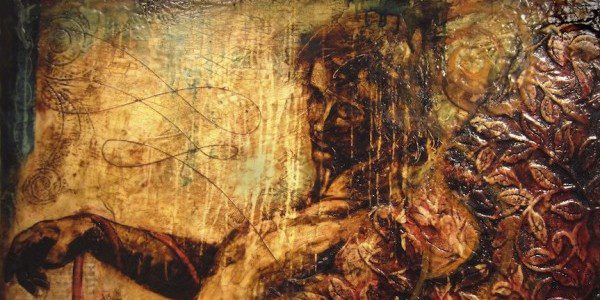It’s no secret that Protestants gives much less attention to Mary, the mother of Jesus, than do Catholic and Orthodox Christians. Sure, she shows up at Christmas–but we’re not quite sure what to do with her theologically. The introduction to a book called Blessed Mary: Protestant Perspectives on Mary, describes the lack of attention to Mary in Protestant theology, but then suggests that Mary will be garnering more attention by Protestants in coming years. In that intro, Beverly Roberts Gaventa... Read more




